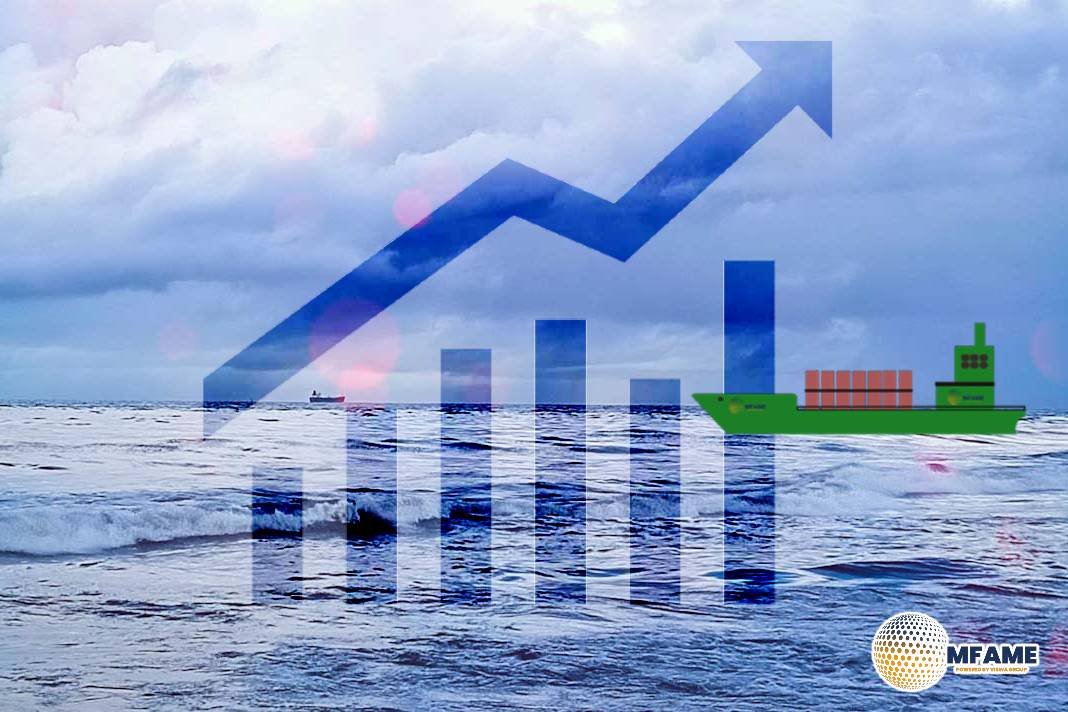German shipping company Baltrader Capital and Finnish provider of auxiliary wind propulsion systems Norsepower have signed a contract concerning the delivery of rotor sails which will be fitted on the shipowner’s cement carrier, reports Offshore Energy.
About the deal
Under the contract, Norsepower will deliver one 24m x 4m sized Norsepower Rotor Sail in summer 2024. The vessel will be fitted on the newest cement carrier of the Baltrader fleet, M/V CEMCOMMANDER. It is going to be delivered from Jiangsu Zhenjiang Shipyard (Group). The ecological ship design was made by SDC Ship Design & Consultants.
The Norsepower Rotor Sail is a modernized version of the Flettner Rotor. It uses the ship’s electric power to actively rotate the cylinder-shaped rotor on the deck, producing powerful thrust. The product meets the funding objectives by saving fuel and thus enabling emission reductions of up to 14 percent, according to Norssepower.
M/V CEMCOMMANDER will fly a European flag and shall be commercially operated by Baltrader Schifffahrtsgesellschaft.
In charge of the vessel’s technical management is BRISE Bereederungs, who is acting as technical manager for the whole Baltrader fleet. The wind propulsion system will be classified by Bureau Veritas (BV) and the ship will get the WPS2 class notation.
Baltrader’s fleet consists of modern, pneumatically self-discharging cement vessels. According to the information provided on the website, the company currently operates twelve specialized cement carriers between 3000-6700 t (DWCC).
The installation of the Norsepower Rotor Sail is supported by the funding Directive “Sustainable Modernisation of Coastal Vessels” (NaMKü) of the German Federal Ministry for Digital and Transport. This Directive supports measures to improve the energy efficiency of coastal vessels.
Offshore Energy recently spoke with Norsepower’s CEO Tuomas Riski on what the industry can do today to future-proof its investments for 2050.
Riski explained why challenging vessel design is important to navigate future regulatory challenges and debunk the notion that wind propulsion solutions are mere relics of the past.
Did you subscribe to our daily Newsletter?
It’s Free! Click here to Subscribe
Source: Offshore Energy

















